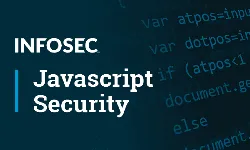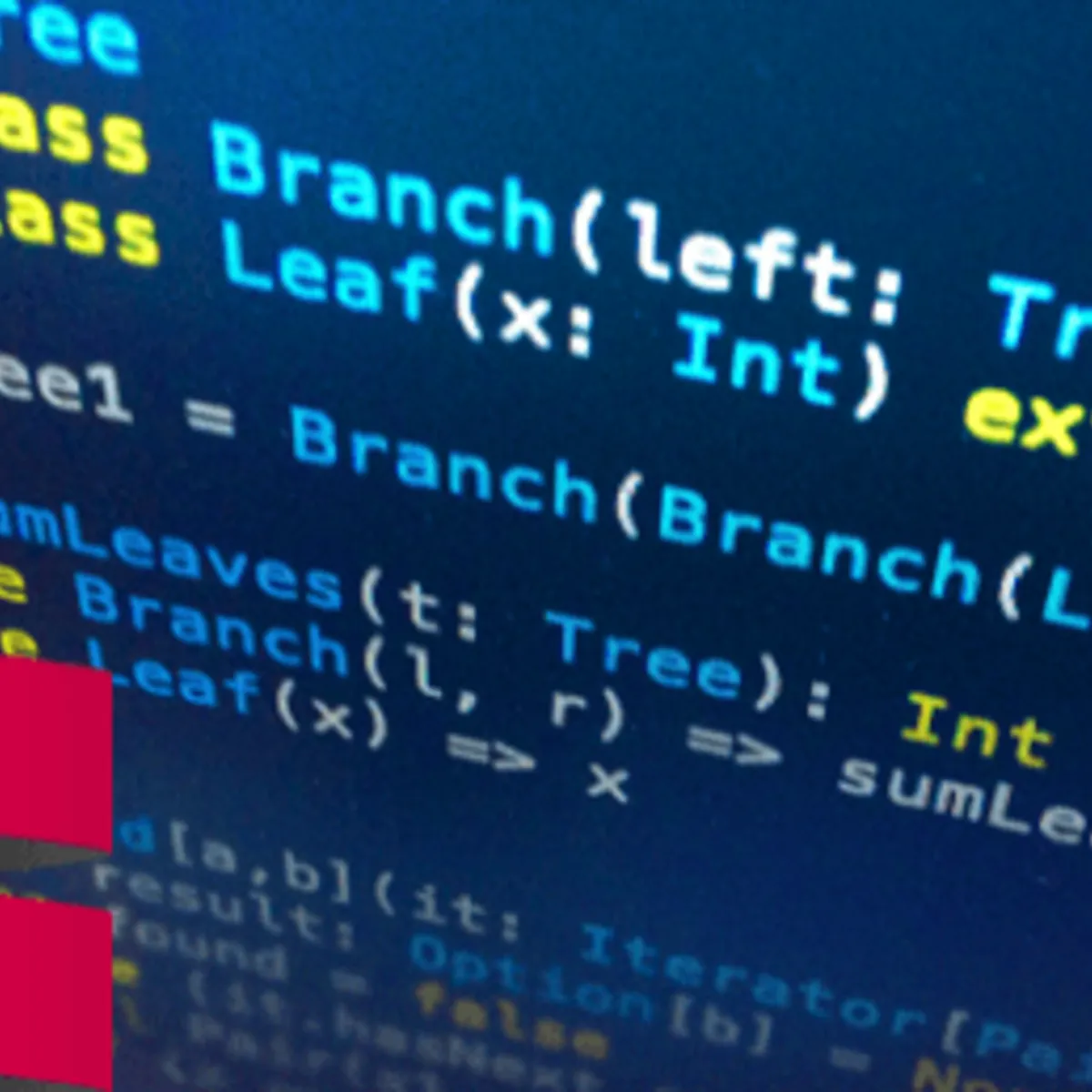
Scikit-Learn Course - Machine Learning in Python Tutorial 
This course provides an introduction to machine learning using the scikit-learn library in Python. Participants will gain an understanding of the fundamentals of machine learning and how to apply them using scikit-learn. ▼
ADVERTISEMENT
Course Feature
![]() Cost:
Cost:
Free
![]() Provider:
Provider:
freeCodeCamp
![]() Certificate:
Certificate:
Paid Certification
![]() Language:
Language:
English
![]() Start Date:
Start Date:
On-Demand
Course Overview
❗The content presented here is sourced directly from freeCodeCamp platform. For comprehensive course details, including enrollment information, simply click on the 'Go to class' link on our website.
Updated in [March 06th, 2023]
This Scikit-Learn Course is designed to provide an introduction to the fundamentals of machine learning using the Python programming language. The course will cover the basics of machine learning, including supervised and unsupervised learning, as well as the use of Scikit-Learn, a popular open-source library for machine learning in Python.
The course will begin with an overview of the fundamentals of machine learning, including supervised and unsupervised learning, and the use of Scikit-Learn. Students will then learn how to use Scikit-Learn to build and evaluate machine learning models. Topics covered will include linear regression, logistic regression, decision trees, support vector machines, and clustering.
In addition to the theoretical aspects of machine learning, the course will also cover practical aspects such as data pre-processing, feature engineering, model selection, and model evaluation. Students will also learn how to use Scikit-Learn to build and evaluate machine learning models.
At the end of the course, students will have a solid understanding of the fundamentals of machine learning and the ability to use Scikit-Learn to build and evaluate machine learning models. They will also have the skills to apply machine learning techniques to real-world problems.
This course is ideal for anyone interested in learning the fundamentals of machine learning and applying them to real-world problems. It is suitable for both beginners and experienced programmers. No prior knowledge of machine learning or Python is required.
[Applications]
After completing this course, learners can apply the knowledge gained to develop machine learning models using scikit-learn. They can use the library to build predictive models, classify data, cluster data, and perform regression analysis. Learners can also use scikit-learn to evaluate the performance of their models and optimize them for better accuracy. Additionally, learners can use scikit-learn to visualize the results of their models and gain insights into the data.
[Career Paths]
1. Data Scientist: Data Scientists use machine learning algorithms to analyze large datasets and uncover patterns and insights. They use these insights to develop predictive models and create data-driven solutions. Data Scientists are in high demand and the field is expected to grow significantly in the coming years.
2. Machine Learning Engineer: Machine Learning Engineers are responsible for designing, developing, and deploying machine learning models. They use a variety of tools and techniques to build and optimize machine learning models. This field is expected to grow rapidly as more companies adopt machine learning technologies.
3. Artificial Intelligence Engineer: Artificial Intelligence Engineers are responsible for developing and deploying AI-based solutions. They use a variety of techniques, such as natural language processing, computer vision, and deep learning, to create AI-based solutions. This field is expected to grow significantly in the coming years as more companies adopt AI technologies.
4. Research Scientist: Research Scientists use machine learning algorithms to conduct research and develop new algorithms. They use their knowledge of machine learning to develop new algorithms and techniques that can be used to solve complex problems. This field is expected to grow significantly in the coming years as more companies invest in research and development.
[Education Paths]
1. Bachelor of Science in Computer Science: This degree path provides students with a comprehensive understanding of computer science fundamentals, including programming, algorithms, data structures, and software engineering. It also covers topics such as artificial intelligence, machine learning, and natural language processing. This degree is becoming increasingly popular as the demand for data scientists and machine learning engineers grows.
2. Master of Science in Artificial Intelligence: This degree path focuses on the development of artificial intelligence systems and their applications. It covers topics such as machine learning, deep learning, natural language processing, computer vision, and robotics. This degree is becoming increasingly popular as the demand for AI engineers grows.
3. Master of Science in Data Science: This degree path focuses on the analysis and interpretation of large datasets. It covers topics such as data mining, machine learning, data visualization, and predictive analytics. This degree is becoming increasingly popular as the demand for data scientists grows.
4. Doctor of Philosophy in Machine Learning: This degree path focuses on the development of advanced machine learning algorithms and their applications. It covers topics such as deep learning, reinforcement learning, natural language processing, computer vision, and robotics. This degree is becoming increasingly popular as the demand for machine learning experts grows.
Course Provider

Provider freeCodeCamp's Stats at AZClass
Discussion and Reviews
0.0 (Based on 0 reviews)
Explore Similar Online Courses

CakePHP 3 Tutorial with User Authentication and Admin

JavaScript Security Part 1

RDBMS PostgreSQL

Intro To PostgreSQL Databases With PgAdmin For Beginners

PostgreSQL: Client Applications

Mastering SQL using Postgresql

Database Design and Basic SQL in PostgreSQL

PostgreSQL: Advanced Queries

Spatial SQL with Postgres : A language for geographers

Learn SQL Using PostgreSQL: From Zero to Hero

PostgreSQL Essential Training

Big Data Analysis with Scala and Spark
 Related Categories
Related Categories
 Popular Providers
Popular Providers
Quiz
 Submitted Sucessfully
Submitted Sucessfully
1. What is Scikit-Learn?
2. What is the purpose of Scikit-Learn?
3. What type of language is used in Scikit-Learn?


Start your review of Scikit-Learn Course - Machine Learning in Python Tutorial